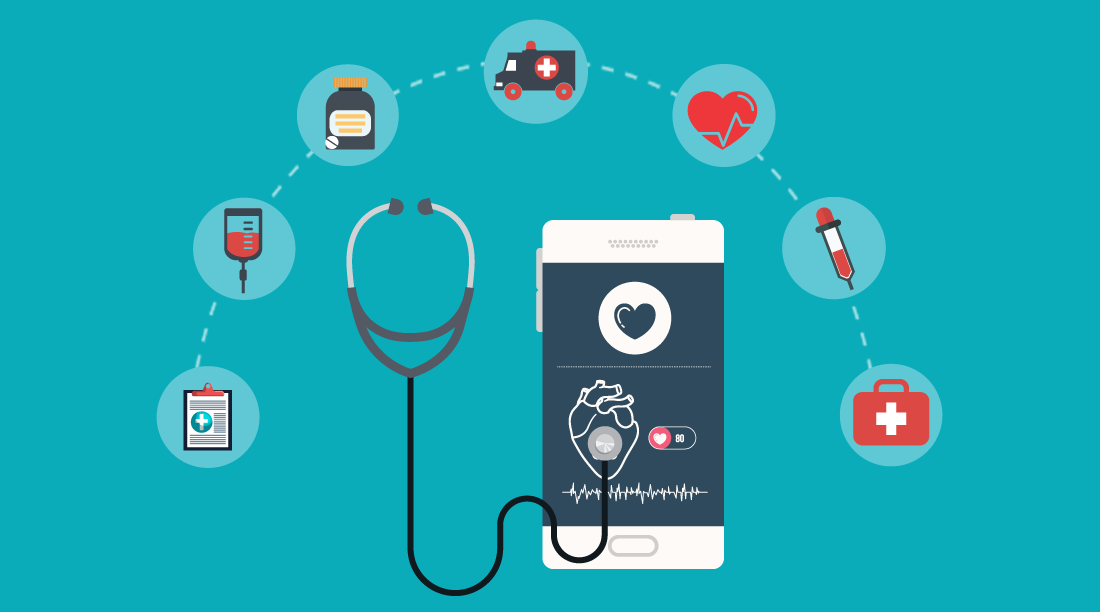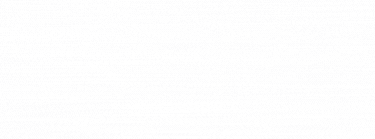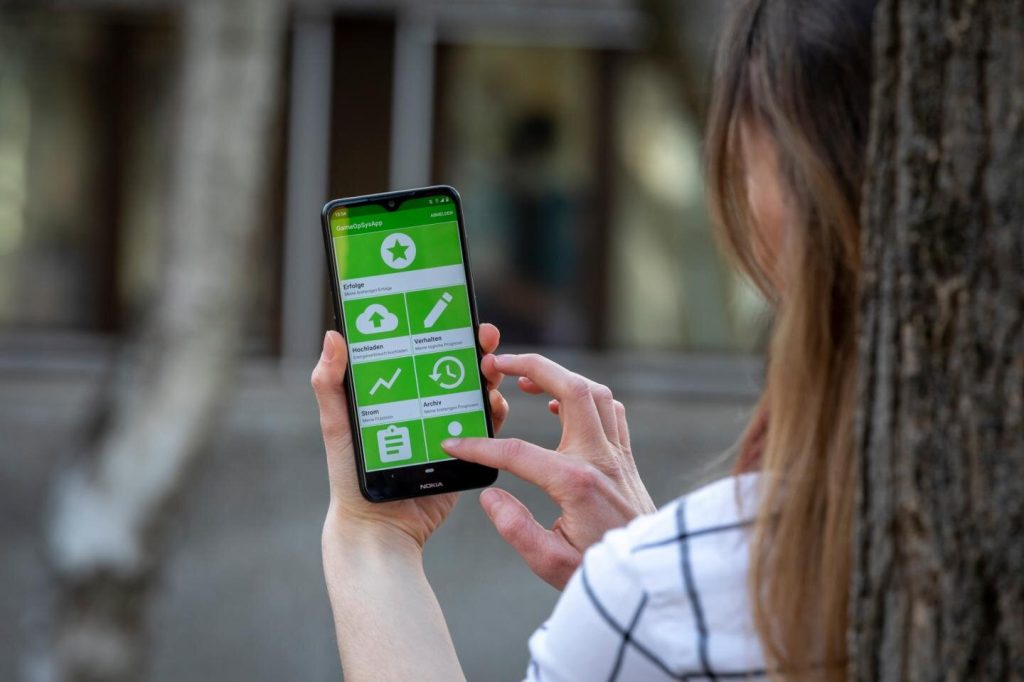
Mobile apps entered the global arena relatively recently, but in less than 20 years they have revolutionized almost every aspect of people’s lives. Today, mobile applications seem to be for everything, and developers are opening up even more opportunities to make life easier for ever-hungry smart device users.
One area that has particularly benefited from the mobile app boom is healthcare. The healthcare industry is undergoing a fundamental shift today as traditional models focus on digital solutions that can dramatically transform the patient experience and improve the way healthcare organizations operate.
The mobile app store is full of healthcare apps that streamline service delivery and payment and help patients manage their health. The mHealth market is growing rapidly, and while the traditional healthcare environment won’t be disappearing anytime soon, mobile apps are likely to become the primary communication channel between patients and physicians in the coming years.
Factors of mobile application adoption in health care
The healthcare industry is considered one of the key sectors driving the growth of mobile technology, with more than 95 million people in the United States using mobile devices to access health information, according to Manhattan Research.
One of the major factors driving the use of mobile devices in healthcare is undoubtedly the ubiquity of portable devices. More than 36% of the world’s population actively uses smartphones, and this figure is much higher in developed countries. Smartphone ownership is largely dependent on income, with more than 90% of people using smartphone mobile devices because healthcare workers are relatively well paid.
Patients are also beginning to understand the importance of playing a more important role in their health. Of course, the move is most appealing to payers looking to cut costs. Mobile apps let you track your heart rate, how much you burn throughout the day, what you eat and more without the help of expensive professionals.
Current and Future Impacts of Mobile Applications on Healthcare
Everyone in the healthcare industry is looking at smart mobile technology as a miracle cure that will eliminate many of the industry’s shortcomings, reduce costs, and improve the quality of care.
Mobile medical applications for physicians
A significant number of healthcare professionals are now using mobile devices to provide care to their patients. In fact, the American Medical Association says smartphones and tablets are making doctors want to use medical technology, not necessarily. Some hospitals are saving time in their routines by using smart gadgets for basic tasks like accessing medical records, ordering tests and procedures. Professionals are embracing mobile technology outside of traditional medical environments with apps that record body parameters such as temperature and electrocardiograms to make accurate diagnoses.
Healthcare professionals are now combining mobile technology and data analytics to improve how they make and act on patient health and care decisions. Mobile apps and big data will improve collaboration between doctors and patient data can be shared from one trusted doctor to another.
Some medical centers have successfully deployed mobile medical technology to improve workflow and increase productivity. For example, Partners Healthcare of Massachusetts has launched several programs such as Connected Cardiac Care, Diabetes Connect and Telestroke Centers through mobile apps. As the technology continues to gain acceptance, it is only a matter of time before such programs become mainstream in hospitals around the world.
Mobile health app for patients
A promising mobile app for patients. In addition to improving the way we interact with doctors and healthcare facilities, apps can help patients follow treatment regimens, manage their conditions, track budgets, access useful information, and generally live a healthier life. . .
Healthcare companies use mobile applications to guide patients through every step of the journey, reducing wait times and providing access to the services they need exactly when they need them. The app also allows patients to choose the nearest facility and get the fastest service in an emergency.
For example, the GMVEMSC Fire/EMS/Private Hospital Emergency Services mobile app enables anyone in the Greater Miami Valley area who contacts emergency services to get an immediate response. It helps guide fire specialists, emergency medical personnel, paramedics, specialists and pre-hospital doctors.
Mobile health research is also becoming increasingly popular, enabling people to connect directly with doctors around the world, self-diagnose and monitor conditions such as high blood pressure and diabetes, and review data provided by other patients to monitor health. The effectiveness of our treatment is guaranteed cold. way. The popularity of smart medical devices will continue to grow as patients are encouraged to participate in their health care.
A mobile app for healthcare professionals
It cannot be denied that the recruitment process in the healthcare sector presents various challenges. For example, a hospital can’t rely solely on an employment agency to hire qualified nurses for part-time support.
This is largely due to factors such as the increasing number of people who need health care (especially infants) and the fact that more people have health insurance and access to hospitals. For this reason, hospitals are struggling with staff shortages, and there is a continuous need for temporary staffing solutions, or solutions that are often called mobile nurses. According to statistics from the US Bureau of Labor Statistics, 500,000 nurses will retire by 2022, and as a result, the health care industry will need 1.1 million new registered nurses to avoid shortages.
Mobile apps can be a game changer when it comes to finding and hiring mobile nurses. This makes it easier for employers to post and update job openings. Provides a simple and easy way to deal with nurses.
You can fill your backlog with new available opportunities every day without publishing new updates to the app itself.
There are options to create location-based lists where nurses can search for jobs by state, city, and group type.
You can start the Excel tool directly from the application, ultimately creating the right salary for any available job.
You can get different medical icons that you can match the colors and symbols for each type of nursing department.
Mobile health app for health insurance providers
Health plans and managed care organizations have long been at the forefront of using the web to make it easy for members to access valuable information, and it’s no surprise that they are among the most active drivers of mobile technology adoption and health care.
Insurers see mobile apps as an effective way to gain competitive advantage because of their ability to improve customer engagement and retention. The leading players in the industry do not leave it to the developers to create quality mobile applications. Instead, it invests directly in companies that make apps. For example, Aetna acquired Healthagen, an app development company founded by healthcare professionals. The company’s app, iTriage, gives Aetna-covered patients access to important health information and allows them to check their coverage status.
The health insurance industry is one of the fastest growing industries today, but as growth continues and competition increases, the future growth will be the fastest growing employers. to meet customer needs and reduce administrative costs.
Conclusion
Mobile apps are invading the healthcare industry. In the near future, health apps will be the tools that health professionals and health plan organizations use to deliver services and improve workflows. On the other hand, patients can find a source of reliable information and the necessary information for monitoring their health and health and insurance coverage.
Widespread adoption of mobile apps in healthcare may still be hindered by issues such as data security and patient anonymity, but it’s only a matter of time before the tech world finds an acceptable solution that will shut down the naysayers entirely.


